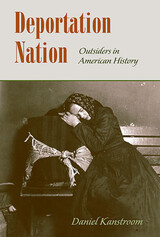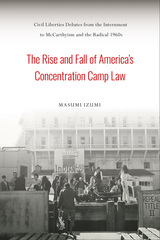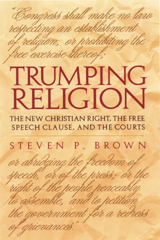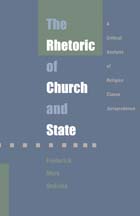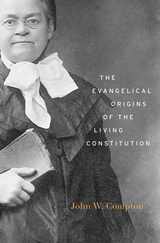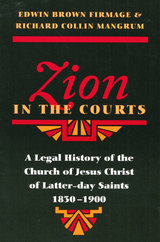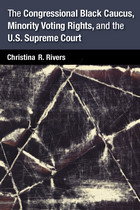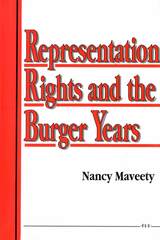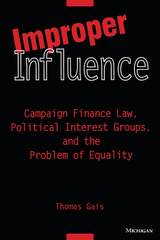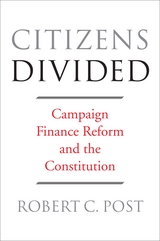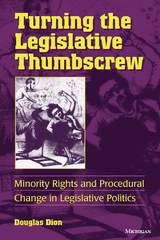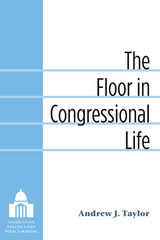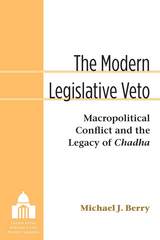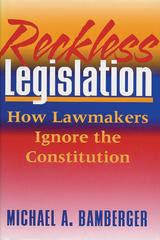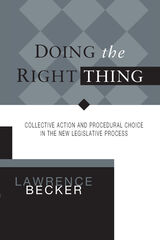Of "Good Laws" and "Good Men": Law and Society in the Delaware Valley, 1680-1710
University of Illinois Press, 1995
Cloth: 978-0-252-02152-7
Library of Congress Classification KF4869.Q83O37 1995
Dewey Decimal Classification 346.73013
Cloth: 978-0-252-02152-7
Library of Congress Classification KF4869.Q83O37 1995
Dewey Decimal Classification 346.73013
ABOUT THIS BOOK
ABOUT THIS BOOK
William Offutt, Jr., places legal processes at the center of this regions social history. The new societies established there in the late 1600s did not rely on religious conformity, culture, or a simple majority to develop successfully, Offutt maintains. Rather, they succeeded because of the implementation of reforms that gave the expanding population faith in the legitimacy of legal processes implemented by a Quaker elite. Offutt's painstaking investigation of the records of more than 2,000 civil and 1,100 criminal cases in four county courts over a thirty-year period shows that Quakers--the "Good Men"--were disproportionately represented as justices, officers, and jurors in this system of "Good Laws" they had established, and that they fared better than did the rest of the population in dealing with it.
See other books on: Delaware River Valley (N.Y.-Del. and N.J.) | Delaware Valley | Law Society | Men | Quakers
See other titles from University of Illinois Press

